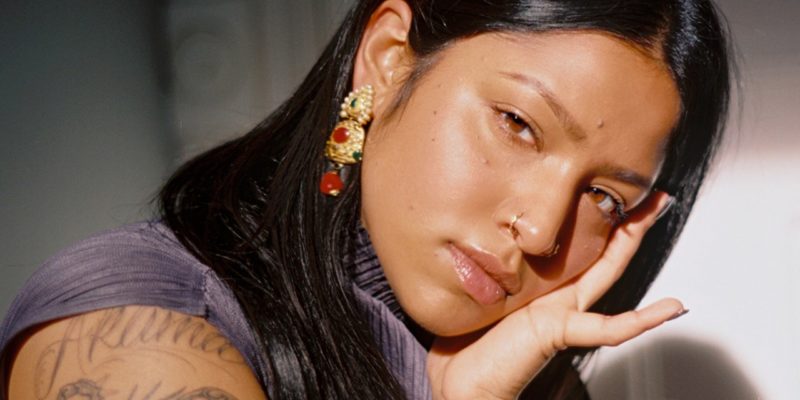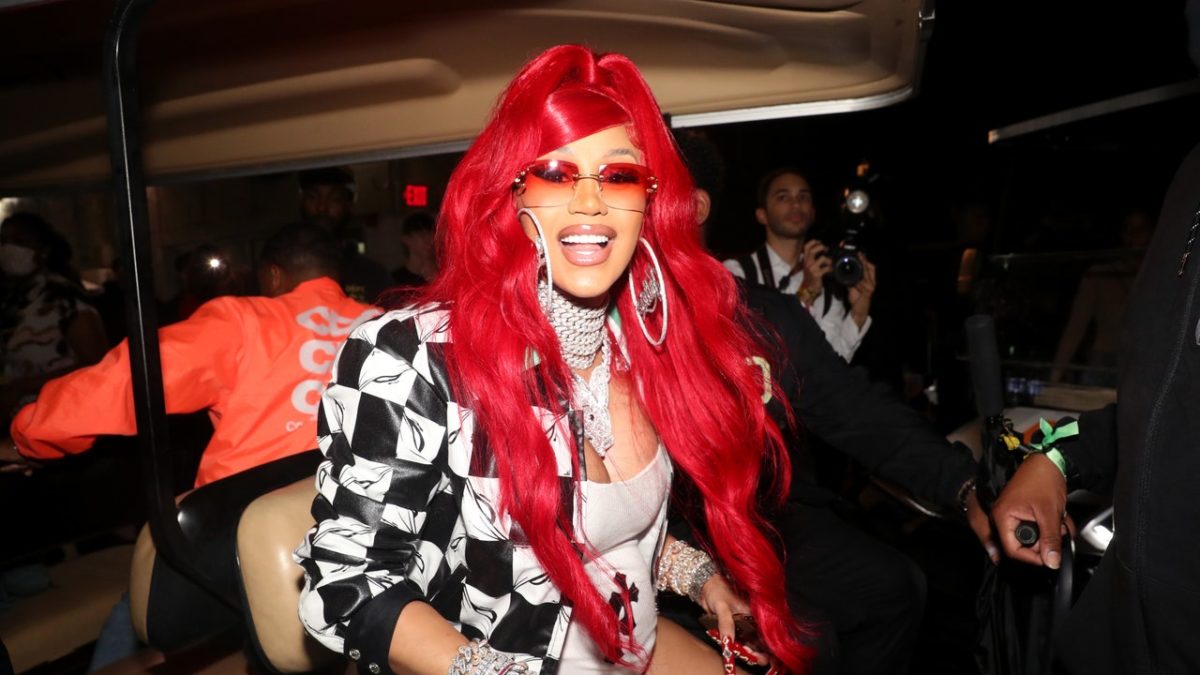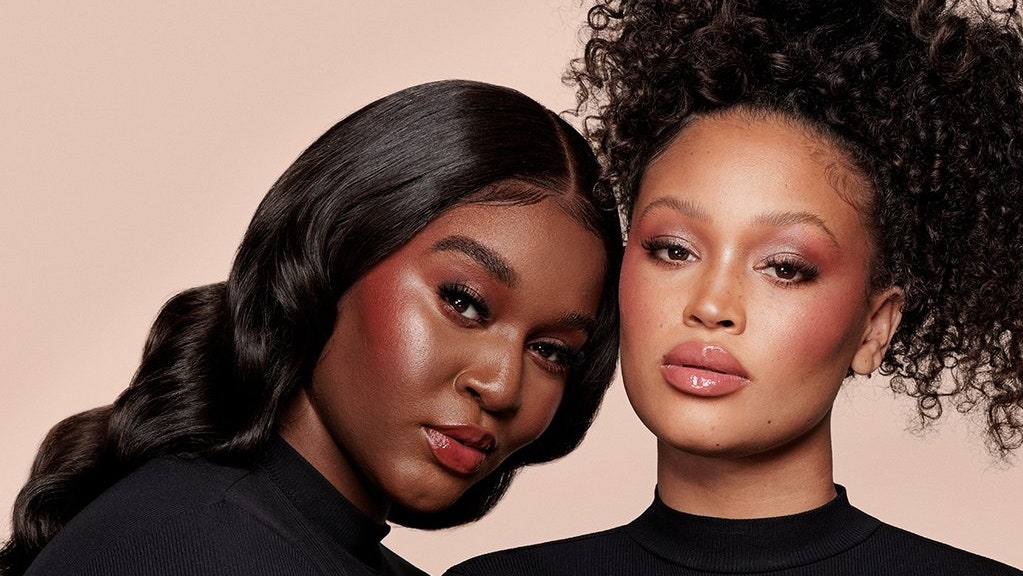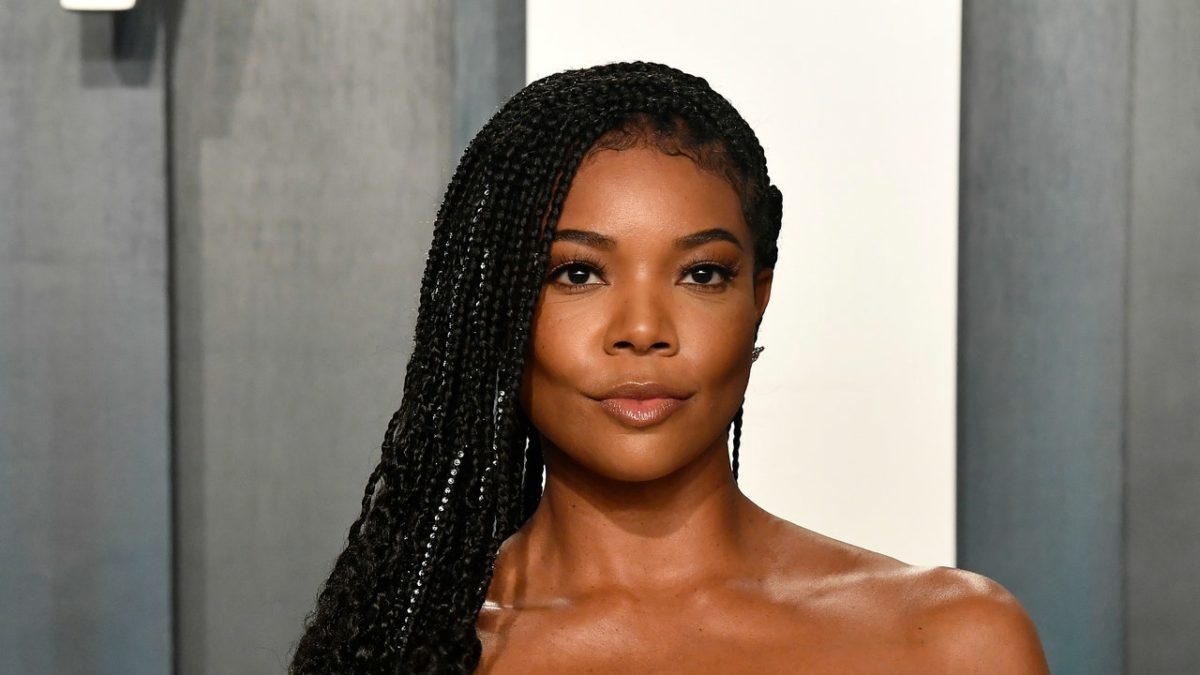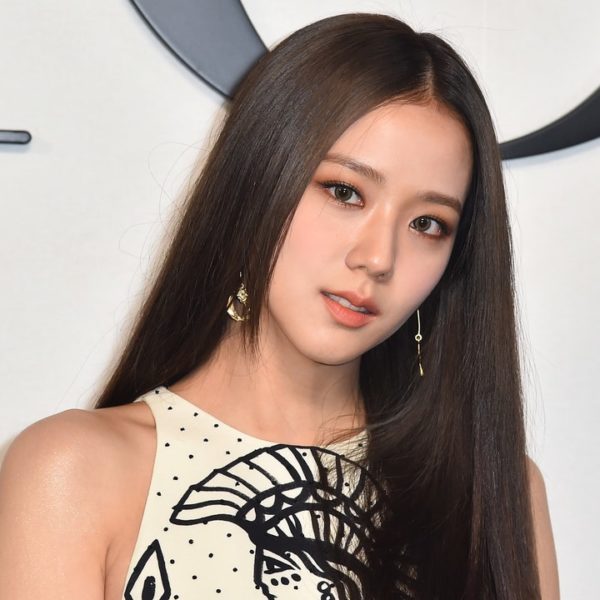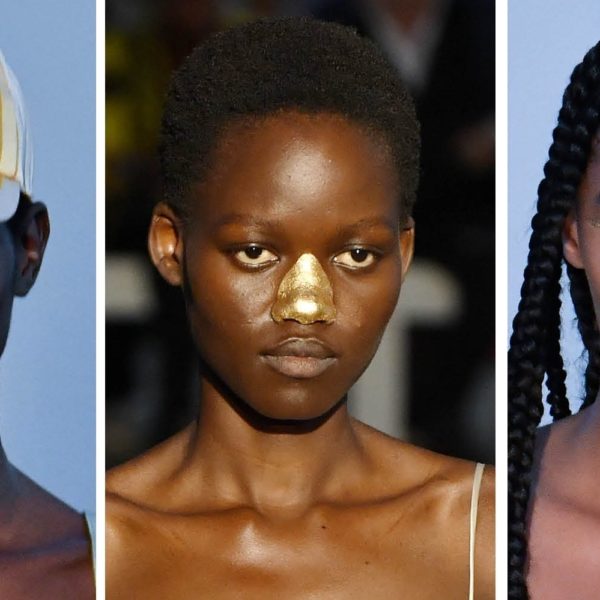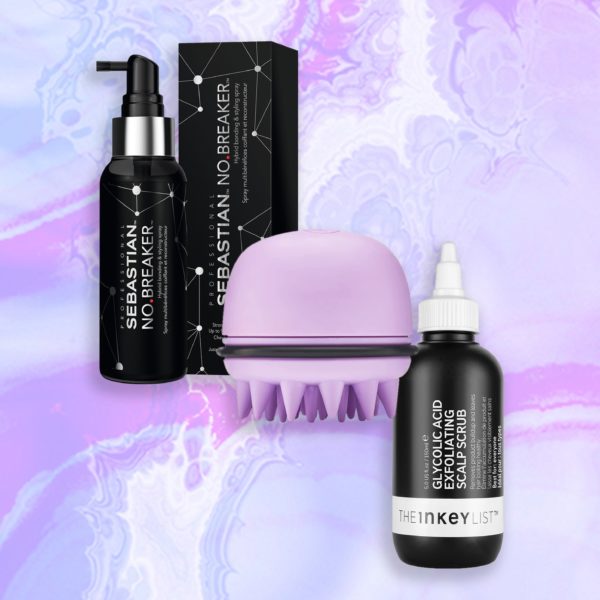How Playground Coffee Shop Pivoted to Mutual Aid During the Pandemic
For Zenat Begum, the owner of Playground Coffee Shop in Brooklyn, New York, the revolution has looked a lot different than she imagined it would. Begum opened Playground in 2016 as a coffee shop, but very quickly expanded to fit the surrounding community’s needs. Born and raised in Brooklyn, Begum studied economics at The New School in New York City, and thought that was the path she was meant to set out on. Especially for Black and Brown people, she says, this was an ideal vision of success.
It wasn’t until she was exposed to Occupy Wall Street in 2011 — along with the first emergence of Black Lives Matter protests in 2013 and a summer in Hong Kong in which she witnessed the 2014 uprisings — that she began to think about what her involvement in resilience and the movement could look like. Shortly after returning from being abroad, she joined 8 Ball Collective, a community of artists and thinkers who shared a goal of collaborating while giving back to the community around them. “You know, [I’m] thinking about artists, practices, and the relationship that we have with others — our peers — and how to keep each other safe,” she says. “[8 Ball] is where I learned a lot of that and how to really cultivate a community…what it means to actually have each other’s backs and create a support system.”
Based in Bedford-Stuyvesant, Brooklyn the shop isn’t just a place to grab some coffee (though you can do that too). It’s also a bookstore and a place for workshops, fairs, food drives, a radio station, and other amazing things to flourish. “Playground started becoming this larger idea…but it was hard for my community to merge with the current [one] that exists in Bed-Stuy,” she says. As gentrification has increased throughout Brooklyn, it’s common to see folks born and raised in these areas being displaced due to lack of resources and rent increases. Those who can manage to stay often find themselves competing with newcomers for the same resources. For Begum, centering the needs of members of both the old and new communities in one space was important.
With this concept of exchanging ideas and values in mind, as well as responding to the physical need of the community, Begum opened a part of Playground called The Annex in 2018, which focused on housing books from Black, Indigenous, Brown, Queer, and other authors of color. The company later added Playground Eats, a program that allows them to offer meals priced on a sliding scale using food donations they receive in the community fridge that sits on the sidewalk outside the store. Begum says she didn’t have an opportunity to be creative as a child, so Playground allows her to channel her inner child every day. She says it gave her an opportunity to think about how she wanted to be held in her community: “Mutual aid is such an interesting phenomenon where we’re thinking about who gets taken care of and [how] the caretakers get taken care of,” she says. “There’s this reciprocity system.”
Mutual aid has arguably become increasingly necessary during the COVID-19 pandemic. Many people who found themselves out of work, disabled, disenfranchised, or sick have been forced to rely on the community more than ever. “Mutual aid is important because anytime you need it, we’ll pull [through] for you, and provide for you,” Begum says. Begum knows that she never has to prove her credentials for her community because everyone simply trusts each other. She acknowledges that without them, she wouldn’t have gotten through this year.

